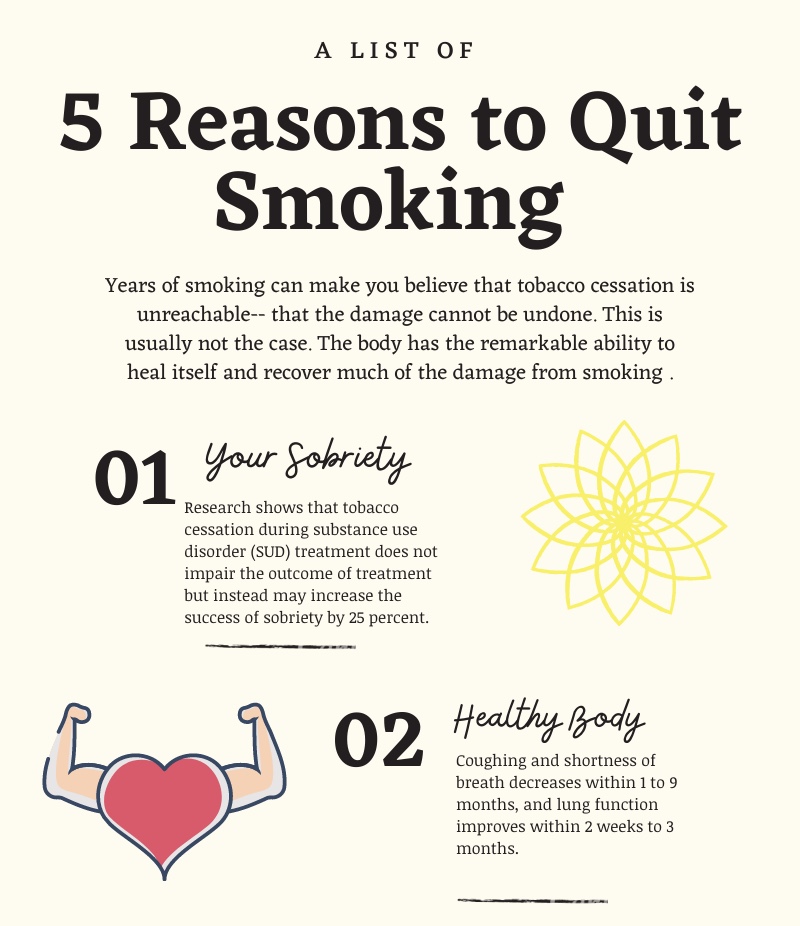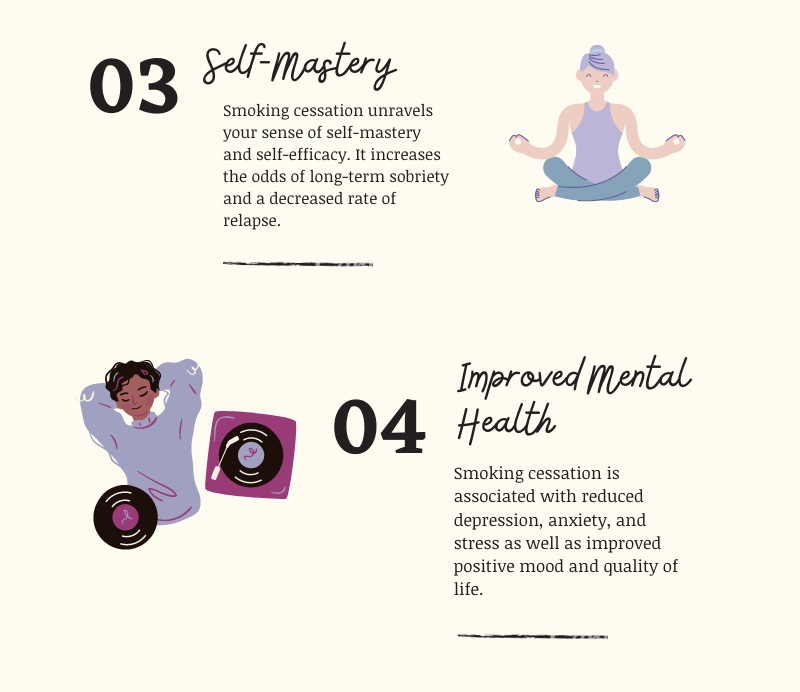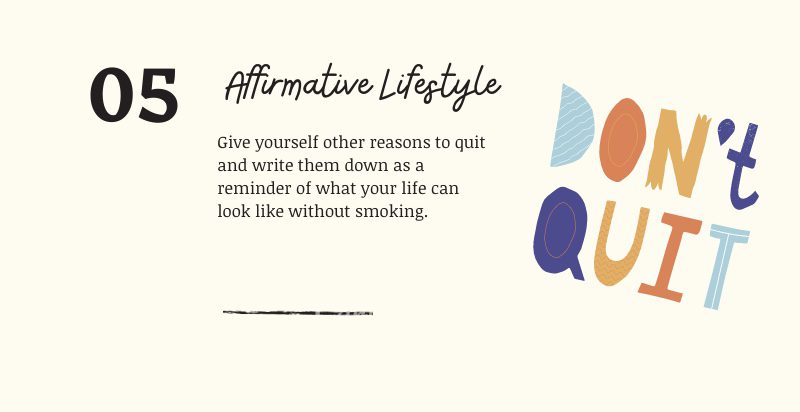
How much do you really know about smoking? Have you thought about your relationship with cigarettes in sobriety?
Did you know that around 85 percent of people in recovery smoke, compared to just 25 percent of the general population?
There are many common myths about smoking that I’m sure you’ve heard. We’re here to help you separate fact from fiction when it comes to tobacco use in recovery.
The Myths of Smoking for Sobriety
Many women in recovery today believe that they need to keep smoking while they grapple with their substance use disorder, taking just one thing at a time
You may believe that quitting will harm the success of your sobriety. In fact, Research shows that tobacco cessation during substance use disorder (SUD) treatment does not impair the outcome of treatment but instead may increase the success of sobriety by 25 percent. Tobacco cessation can also improve your mental health by enhancing your moods and reducing moments depression, anxiety and stress.
It Comes with Risks
Smoking is often considered to be more socially acceptable than other forms of substance use. For a long time, in fact, nicotine was not even considered to be addictive. For those reasons, you may believe that smoking is less damaging while using alcohol or substances.
The truth is, co-occurrence of smoking and other SUDs can have serious adverse health consequences and sometimes be fatal. Based on a study completed in Oregon, 53.6 percent of people who received SUD treatment developed a chronic illness from tobacco products compared to 30.7 percent of the general public.
Cigarettes contain about seven thousand unfriendly chemicals, including nicotine. nicotine withdrawal happens when the level of nicotine in your bloodstream drops and activates the need to light another cigarette. It’s important to affirm the physiological addiction that comes with smoking like any other SUD. However, it’s never too late to leave your relationship with smoking and form a new habit that can support you holistically and positively.

Prepare Yourself to Quit
Years of smoking can make you believe that tobacco cessation is unreachable– that the damage cannot be undone. This is usually not the case. The body has the remarkable ability to heal itself and recover much of the damage from smoking. Research indicates that coughing and shortness of breath decreases within 1 to 9 months, and lung function improves within 2 weeks to 3 months.
Sometimes understanding the health impacts of smoking is not enough. Give yourself other reasons to quit and write them down as a reminder of what your life can look like without smoking. Read them out loud and carry them everywhere you go to help you fight against those lingering thoughts to smoke again. No matter how silly or minimal you think your reasons are, it will matter to the success of your sobriety.
Smoking cessation not only improves your physical health, but it also unravels your sense of self-mastery and self-efficacy. It increases the odds of long-term sobriety and a decreased rate of relapse.
Wayside is here to assist you in your nicotine recovery with extensive knowledge on relapse prevention, long-term health and wellness, and an effective treatment plan designed to your needs. Remember to give yourself the grace and patience you deserve when it comes to ending your companionship with smoking. Make today the day to call and schedule an appointment with our outpatient treatment services.

